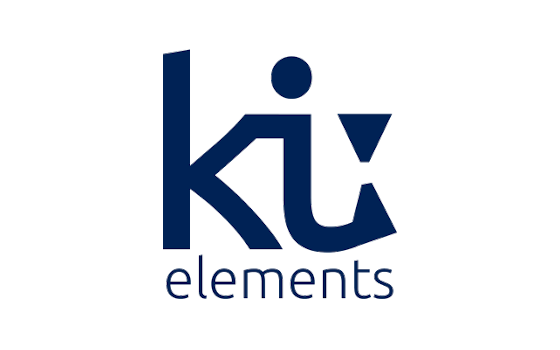 Digital speech biomarker company ki:elements has published validation results on the use of its ki:e speech biomarker for cognition (SB-C) in early Alzheimer’s disease in the "Karger - Digital Biomarkers" journal.(1)
Digital speech biomarker company ki:elements has published validation results on the use of its ki:e speech biomarker for cognition (SB-C) in early Alzheimer’s disease in the "Karger - Digital Biomarkers" journal.(1)
Two European dementia studies - the Dutch DeepSpA study in collaboration with Maastricht University & the Scottish SPeAK study in collaboration with University of Edinburgh - helped to validate the psychometric properties of the SB-C. Results demonstrate the ki:e SB-C's ability to differentiate subjective complaints from people with mild cognitive impairment, and its ability to track decline towards Mild Cognitive Impairment in early phases of the disease within a year. On a construct level the SB-C score is correlated with established measures for cognition and its domain scores are anchored around established assessments for neurocognitive functions such as learning and memory, executive function and processing speed. In the longitudinal DeepSpA study the SB-C shows also good test-retest reliability. Validation followed the V3 approach championed by the Digital Medicine Society (DiMe).
Prof. Craig Ritchie, Chair of the Psychiatry of Ageing and Director of the Centre for Dementia Prevention at the University of Edinburgh, and PI of the SpEAK study commented: "Early detection of AD is the prerequisite for prevention. These results show that speech is a scalable and sensitive screening tool that could be a key building block in ending AD."
Dr. Johannes Tröger, Chief Scientific Officer of ki:elements added: "We are pleased with these validation results in early AD, validating that SB-C is a reliable measure of cognition - usable in clinical trials and healthcare. In parallel, we are working on studies validating the SB-C in even earlier, preclinical stages of the disease."
About ki:elements and SB-C
ki:elements GmbH is pioneering the research and development of novel digital speech biomarkers. The ki:e speech biomarker for cognition (SB-C) is a speech based cognitive digital biomarker that takes fifteen minutes to complete, can be administered remotely and automatically. It is used in academic and pharmaceutical research as a scalable cognition measurement and screening tool.For more information, visit https://ki-elements.de
1. Tröger J, Baykara E, Zhao J, ter Huurne D, Possemis N, Mallick E, Schäfer S, Schwed L, Mina M, Linz N, Ramakers I, Ritchie C.
Validation of the Remote Automated ki:e Speech Biomarker for Cognition in Mild Cognitive Impairment: Verification and Validation following DiME V3 Framework.
Digit Biomark 2022;6:107-116. doi: 10.1159/000526471